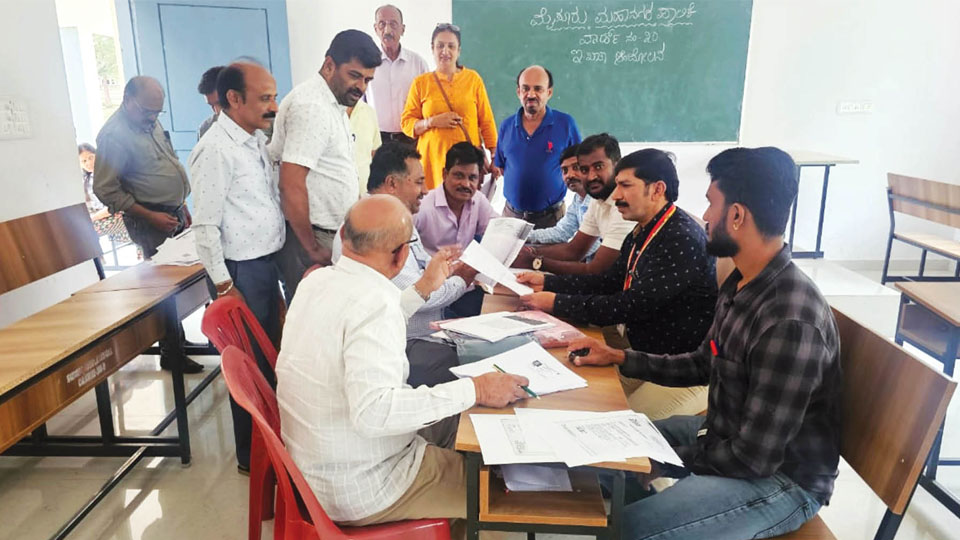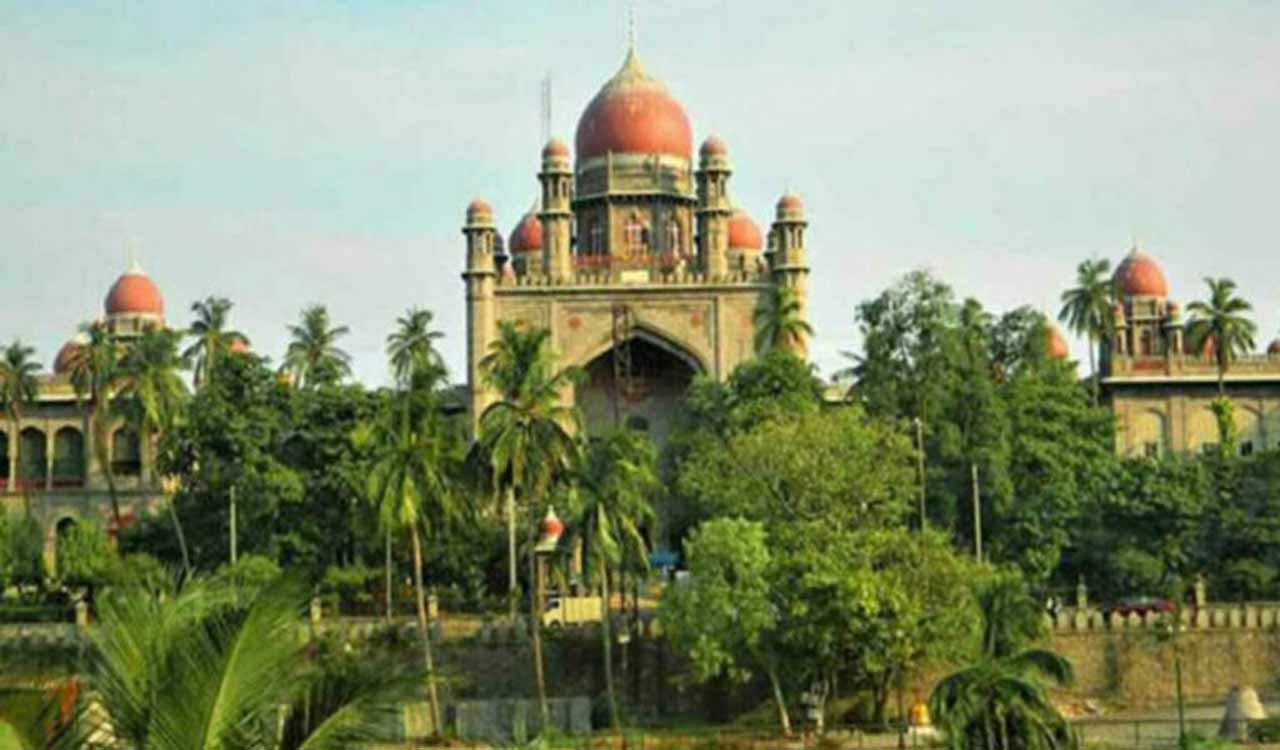By Author
Copyright starofmysore

Mysore/Mysuru: Mysuru District has emerged as the frontrunner in Karnataka for registering digital property records under the e-Aasthi application, issuing 60,000 e-Khatas since the launch of the e-Khata Abhiyan in July this year.
An e-Khata is an essential document for property registration, sale and purchase, replacing the traditional paper or handwritten khata system.
As of Sept. 18, Mysuru recorded 411 A-khatas and 138 B-khatas in a single day, pushing the city’s cumulative total to 41,161 A-khatas and 18,949 B-khatas — a combined 60,110 e-khatas. This milestone has placed Mysuru firmly at the top of Karnataka’s digital property documentation drive.
Comparatively, other districts have recorded significantly lower numbers. Belagavi ranks second with 54,693 registrations, followed by Bengaluru Urban with 46,829. In neighbouring districts, Hassan issued 15,286 e-khatas, Mandya 10,346, Kodagu 3,703, and Chamarajanagar 2,896.
The surge follows the Registration (Karnataka Amendment) Bill, passed by the State Assembly in February, which mandated replacing handwritten khatas with electronic documents to prevent illegal registration of properties in urban areas.
Statewide, across Karnataka’s 31 districts, a total of 4,06,391 A-khatas and 2,97,998 B-khatas have been registered so far, amounting to 7,04,389 e-khatas.
Mysuru’s strong performance is credited to proactive public participation, the mandatory requirement for e-khata registration, and aggressive awareness campaigns under the State’s e-property initiative.
At the end of last year, nearly 22,000 property owners in Mysuru had already secured digital property records. Since the launch of the campaign in July, registrations have steadily increased.
A key factor driving this surge has been the distribution of informative brochures door-to-door, educating residents about the required documents and registration process.
With e-khata now compulsory for property registration under Municipal Corporations, Town Municipal Councils and other local bodies, the document has become indispensable for both sale and purchase of properties.
In addition, residents registering for e-khatas are also clearing outstanding property taxes and dues, boosting revenue for local governing bodies.



